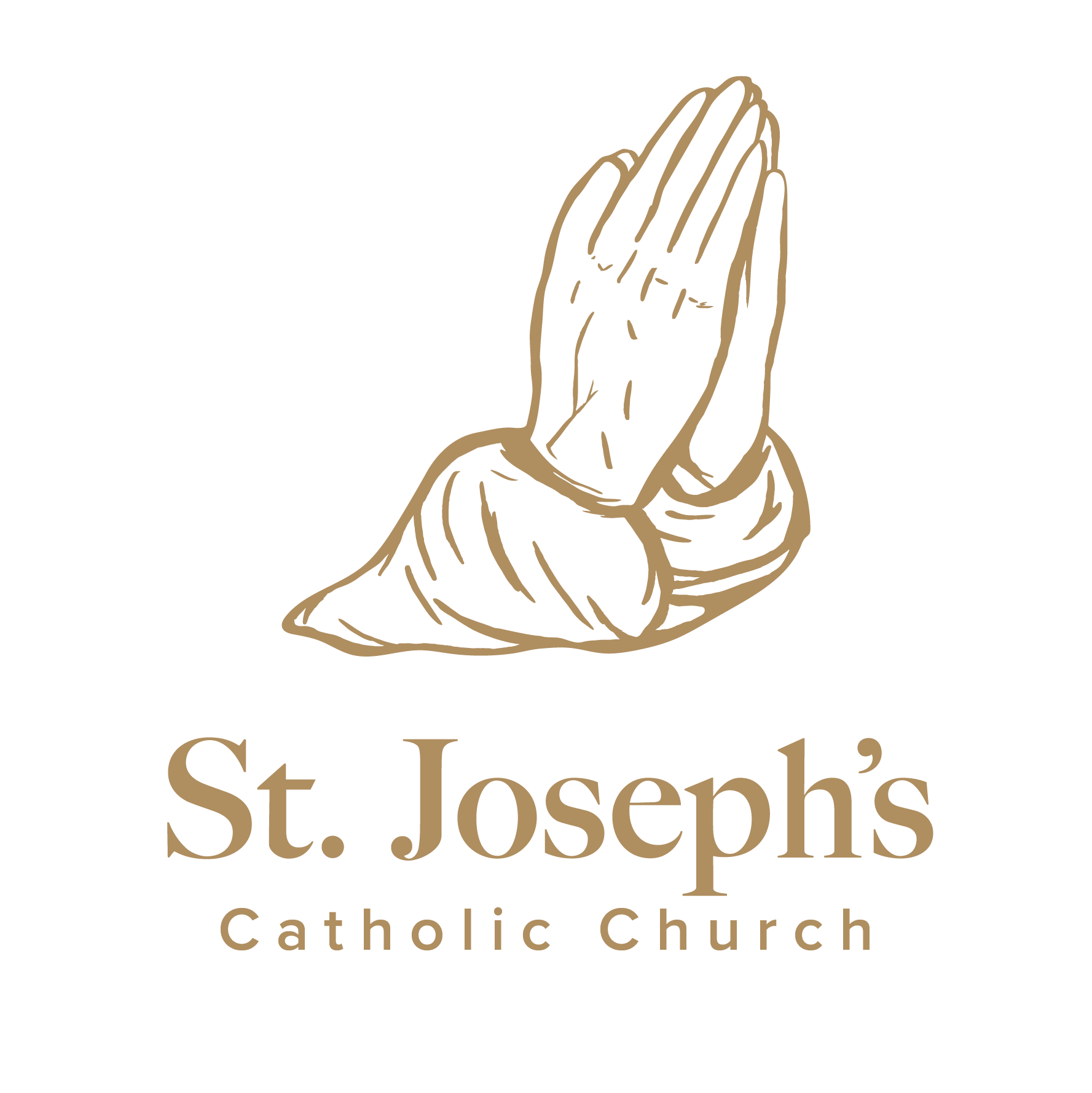The Eucharist
The liturgical life of the Church revolves around the sacraments, with the Eucharist at the center (National Directory for Catechesis, #35). At Mass, we are fed by the Word and nourished by the Body and Blood of Christ. We believe that the Risen Jesus is truly and substantially present in the Eucharist.
God desires you to be a part of His Family. Jesus Christ offers you His Body and Blood so that you can become united to Him and are truly one in the Son and become His Body, as a member of the Church. He gives you the Eucharist to nourish our souls and to give you strength to live the Christian life.
“Very truly I tell you, unless you eat the flesh of the Son of Man and drink his blood, you have no life in you. Whoever eats my flesh and drinks my blood has eternal life, and I will raise them up at the last day. For my flesh is real food and my blood is real drink. Whoever eats my flesh and drinks my blood remains in me, and I in them. Just as the living Father sent me and I live because of the Father, so the one who feeds on me will live because of me" (John 6:53-57).
The Eucharist is not a sign or symbol of Jesus; rather we receive Jesus, Himself, in and through the Eucharistic species. The priest, through the power of his ordination and the action of the Holy Spirit, transforms the bread and wine into the Body and Blood of Jesus. This is call transubstantiation.
By the consecration the transubstantiation of the bread and wine into the Body and Blood of Christ is brought about. Under the consecrated species of bread and wine Christ himself, living and glorious, is present in a true, real, and substantial manner: his Body and his Blood, with his soul and his divinity. (CCC 1413)
First Holy Communion
"The administration of the Most Holy Eucharist to children requires that they have sufficient knowledge and careful preparation so that they understand the mystery of Christ according to their capacity and are able to receive the body of Christ with faith and devotion." (Code of Canon Law, 913 §1).
"It is primarily the duty of parents and those who take the place of parents, as well as the duty of pastors, to take care that children who have reached the use of reason are prepared properly and, after they have made sacramental confession, are refreshed with this divine food as soon as possible. It is for the pastor to exercise vigilance so that children who have not attained the use of reason or whom he judges are not sufficiently disposed do not approach holy communion" (Code of Canon Law, 914).
The earliest time that a Catholic can receive the Eucharist here in the Diocese of Corpus Christi is 2nd grade. At St. Joseph’s we require a 2 year formal preparation process that can start at 1st Grade starting with First Reconciliation (Confession). If you have a child that is above 1st and 2nd Grade you can still have them start the preparation process. Please register your child for Religious Education by calling the Office at 361-882-7912 or email them at dresaintjoseph@gmail.com
NOTE: If you are an adult who would like to receive your First Holy Communion, we ask that you join our RCIA program.
The 2024-2025 Religious Education Program will be held in the Gym & School building also known as the Catechetical Center.
contact the parish office: 361-882-7912 for the start date or check back here in a few days!
Reception of Communion
As Catholics, we fully participate in the celebration of the Eucharist when we receive Holy Communion. We are encouraged to receive Communion devoutly and frequently. In order to be properly disposed to receive Communion, participants should not be conscious of grave sin and normally should have fasted for one hour. A person who is conscious of grave sin is not to receive the Body and Blood of the Lord without prior sacramental confession
Scripture tells us:
Whoever, therefore, eats the bread or drinks the cup of the Lord in an unworthy manner will be guilty of profaning the body and blood of the Lord. Let a man examine himself, and so eat of the bread and drink of the cup. For any one who eats and drinks without discerning the body eats and drinks judgment upon himself. That is why many of you are weak and ill, and some have died. (1 Corinthians 11:27-30)
If one is conscious of grave sin, they should make every effort to go to Confession first, except for a grave reason where there is no opportunity for confession. In this case, the person is to be mindful of the obligation to make an act of perfect contrition, including the intention of confessing as soon as possible (canon 916). A frequent reception of the Sacrament of Penance is encouraged for all.

